Did you just arrive in Istanbul? Are you wondering; is tap water is safe to drink in Istanbul? The answer is … usually yes.
Istanbul’s tap water is usually safe to drink, but if you spend a few days in Istanbul, you’ll notice that no one is drinking the tap water. And if you happen to ask a local, chances are, they might even tell you that the water in Istanbul is not drinkable.
Why? Long story short, the tapwater in the system is excellent but sometimes gets contaminated through the individual water pipes or water storage tanks in the buildings, which is the biggest cause of water contamination.
In our guide, we’ll tell you everything you need to know about the tap water in Istanbul and what you can do to make it more drinkable!
How Safe is The Tap Water in Istanbul?
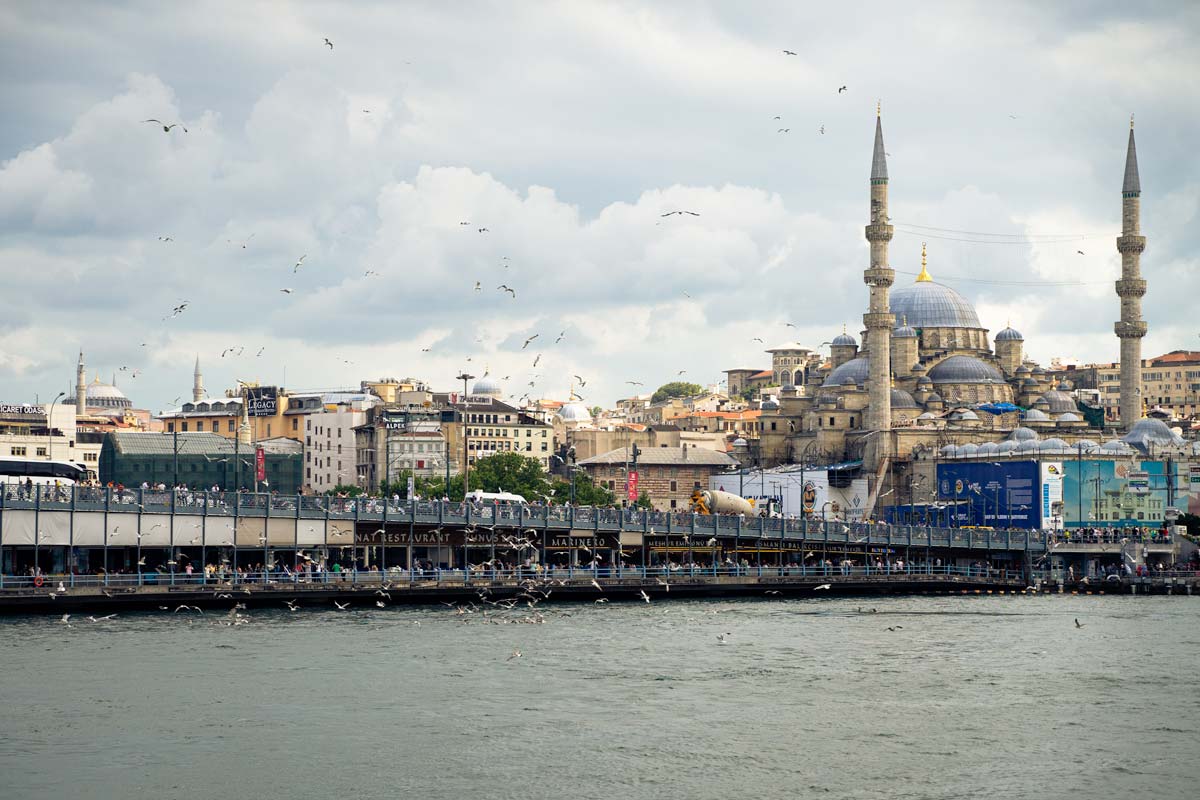
According to ISKI, the Istanbul Water and Sewage Administration, the water flowing in the taps of Istanbul is well above the standards set by the European Community (EC), World Health Organization (WHO), USA Environment Protection Agency (EPA), and Turkish Standards Institute (TSE) in terms of quality, taste and health.
The tap water in Istanbul is pretreated to make sure it is safe for human consumption.
Although the water is fresh at its source and goes through a treatment process at water treatment plants, often at times the old metal pipes in buildings and rusty water tanks contaminate the potable water which may contain chloride.
Keep in mind that Istanbul is a city with over a thousand years of history, so a lot of the plumbing and piping are quite old.
In the end, the safety of the tap water in Istanbul will largely rely on the building that you’re staying in. If you are staying in Sultanahmet, one of the best areas to stay in Istanbul for its historic values, then the tap water quality is usually going to be a lot worse compared to more modern neighborhoods.
When we visited Istanbul, we stayed in Sultanahmet and the host told us to only drink from their filtered water tap. Without the filtered water system in his own tap, he said he would never drink the tap water.
This is especially true for travelers that aren’t accustomed to the quality of Istanbul’s tap water. Just going straight into drinking tap water when you first arrive might not be a good idea as it could upset your stomach, especially those who have sensitive stomachs.
But in general, with some decent internal piping (which most places in Istanbul have), Istanbul’s tap water is safe to drink. Most households and buildings will have a water filtration system. One of the most common ones is a reverse osmosis filter.
????Read More: Is Istanbul Safe For Travelers?
History of Istanbul’s Tap Water
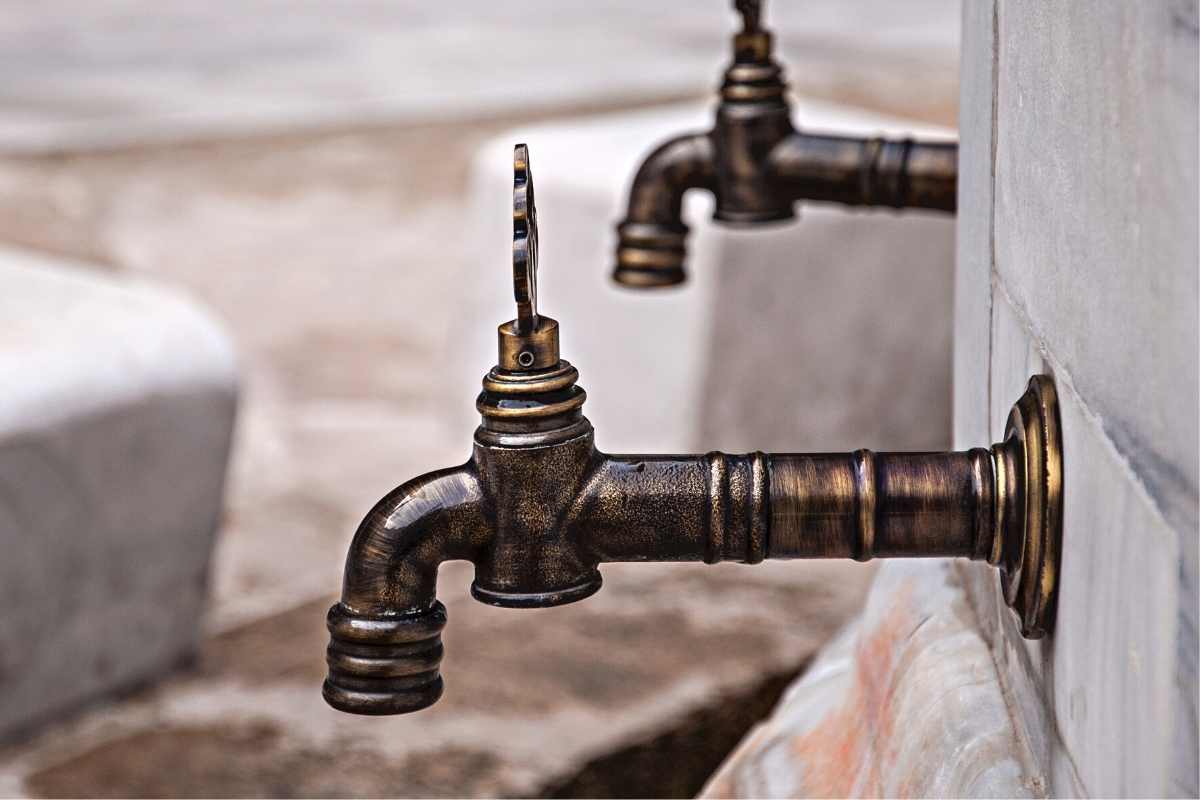
Another reason why locals will tell you the tap water in Istanbul is not drinkable is due to its terrible history. No more than 10 years ago, Istanbul’s tap water was one of the worst in the entire world. It smelled like sulfur, the color was cloudy, and it tasted awful. Anyone that drank it without boiling it would get serious diarrhea and GI problems.
But in the past 10 years, Turkey has spent a lot of money to create a safe and drinkable tap water system for its people. Nowadays, its quality can match the tap water of the other European countries.
The Turkish government has also spent a lot of money advertising its excellent tap water quality. But there are still plenty of locals that are used to the old habitats or traumatized by the horrific tap water quality before. That is why most locals don’t recommend drinking tap water.
Taste of Tap Water in Istanbul
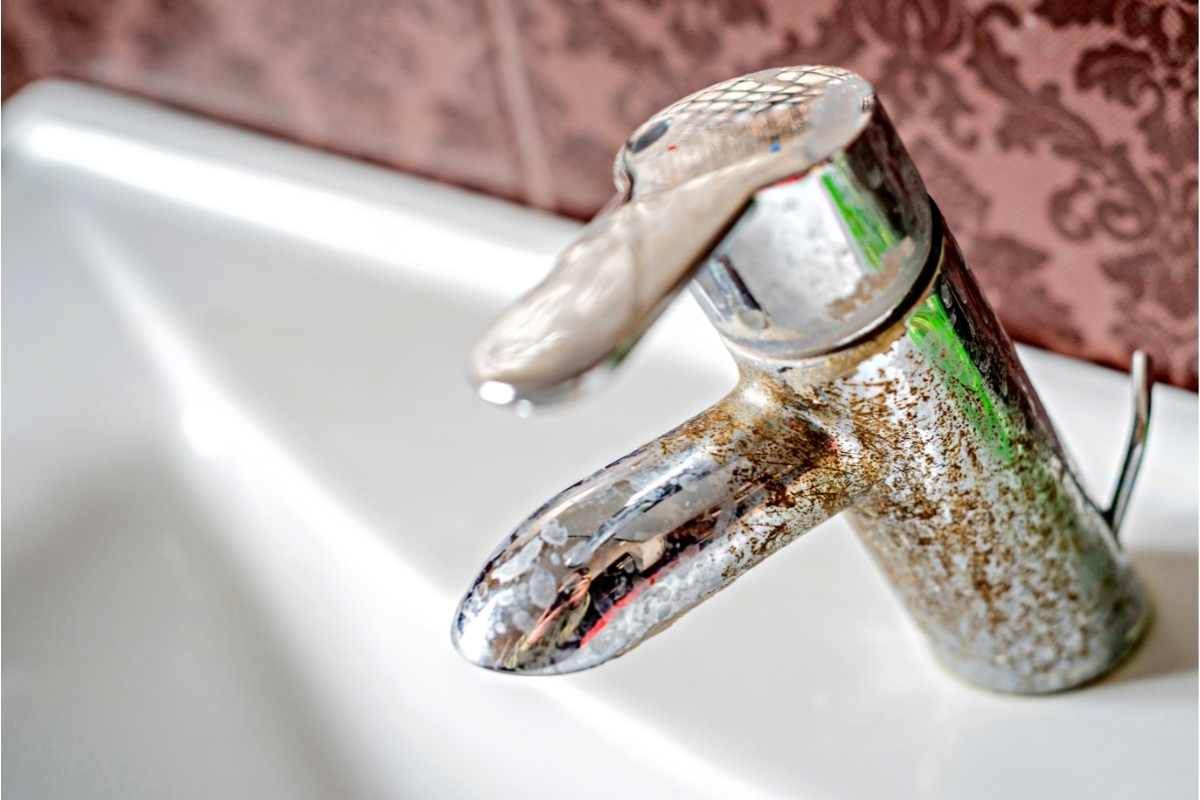
The taste of tap water is another big reason why lots of people don’t drink it in Istanbul. Because most of Istanbul’s water comes from dams, plenty of chlorine has been used to treat the water, causing the water to have a chemical taste.
And due to the possible long retention time in old pipelines and old storage tanks, Istanbul’s water can be filled with minerals that give it a hard taste.
When we tried the tap water in Istanbul, the chemical tap water taste was so strong that we actually thought it was non-potable. It wasn’t until the host told us about the tap water being drinkable, did we realize that bad taste is just a characteristic of Turkish tap water.
Another interesting thing was that no matter how much tap water we drank in Istanbul, we felt that we were still dehydrated.
Yes, the weather was quite hot when we visited, but something about the tap water in Istanbul didn’t hydrate us. Our guess is the high concentration of minerals.
When we drank bottled water, we felt immediately hydrated.
One of the drinks that Turkish people hold sacred is Turkish Tea (cay). In fact, they are the biggest tea consumers in the entire world! For tea-making, locals usually use bottled water because tap water doesn’t produce a good-tasting cup of tea.
How Is The Bottled Water in Istanbul?
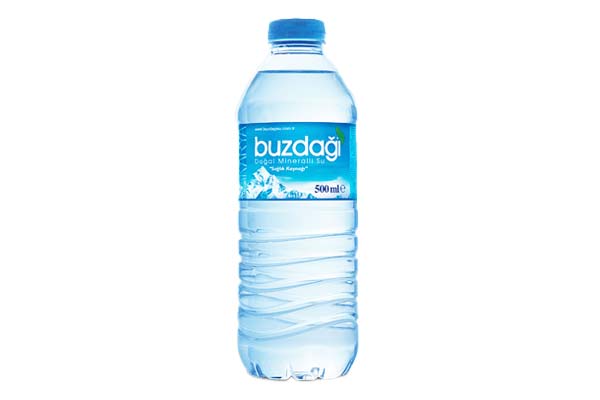
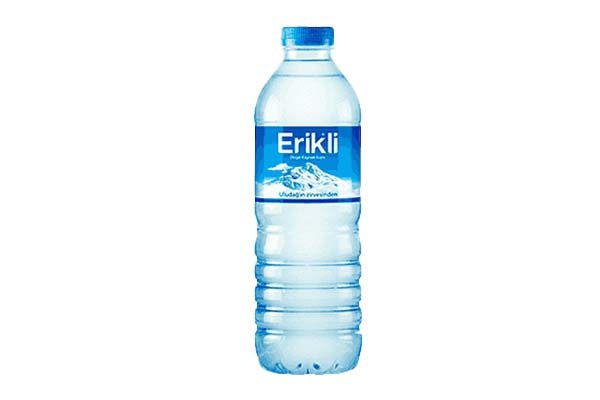
For those that are worried about the safety of the water in Istanbul, consider drinking bottled water. There are plenty of high-quality bottled water brands in Istanbul – from still water to sparkling water.
A study by the Turkish government in 2018 investigated the quality of all bottled water and found that the Buzdağı brand has the best bottled water quality in all of Turkey. This bottled water had an excellent pH and a perfect balance of minerals while having little to no pollutants.
Though Buzdağı is tested to be one of the best brands, Erikli is the brand that is most loved by Istanbul locals. I can say that both brands of bottled water are excellent choices if you are looking to stay away from tap water.
In fact, we tried many brands of tap water in Istanbul and found that all of them were quite high quality.
Filtered Water in Istanbul
One of the most common ways for locals to ensure that the tap water is safe to drink in Istanbul is to use a filter. In luxury hotels in Istanbul, chances are, all taps around have a built-in water filtration system.
But for more budget accommodations, it might just be that only one tap has a filtration system. Make sure you ask your host before drinking any of the tap water.
The typical filtration system used for tap water is reverse osmosis and activated carbon. This gets rid of all odor, chemicals, contaminants, bacteria, germs, rust, and minerals. Though this essentially produces super high-quality water, the lack of minerals in the water could take away minerals from your body.
That is why in the long term, we recommend buying bottled water in Istanbul.
Another item you can look into is a portable water filter bottle. We’ve always traveled with our Grayl Geopress water filter bottle and it has provided us with quick and drinkable water from the tap.
This is especially important if you are traveling Turkey for a long time because tap water might not be drinkable everywhere in Turkey.

Tap Water in Istanbul FAQs
Can you brush your teeth with tap water in Istanbul?
While a lot of locals in Istanbul don’t drink tap water, it is safe to brush your teeth with tap water. When brushing your teeth with tap water, you are only ingesting a tiny bit of that water in your body, not enough to cause you any harm.
Can you cook with tap water in Istanbul?
Yes, it is safe to cook with tap water. The tap water in Istanbul is generally very clean, even good enough to drink straight from the tap. When you cook with tap water, you are only ingesting a tiny amount of tap water into your body in the worst-case scenario.
Can you have ice in your drinks in Istanbul?
Yes, you can have ice in your drinks safely! Ice cubes in Istanbul are made with mineral water, so you are unlikely to get sick from having ice in your drinks in Istanbul.
Is the water in Istanbul fluoridated?
No, the water in Turkey does not go through a fluoridation process.
Final Thoughts
We hope our guide on tap water safety in Istanbul has helped you decide whether to drink tap water or not.
Even if you end up drinking tap water in Istanbul, you won’t get super ill, so worry less and have more fun!
It’s usually more remote small towns in Turkey that have more concerns about tap water safety, but in the Istanbul municipality and big cities such as Ankara, Izmir, Bodrum, Antalya and Alanya, you don’t need to be too concerned.
Any questions? Leave them in the comments!

Very helpful text, thanks
Thanks so much! This was super helpful.
Thanks a lot, now everyone knows what to do